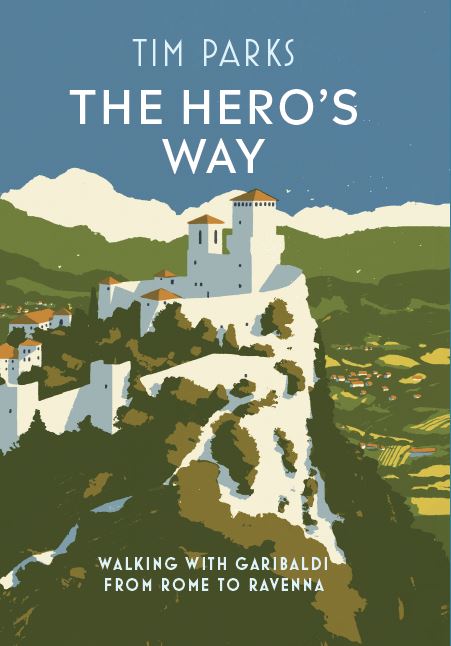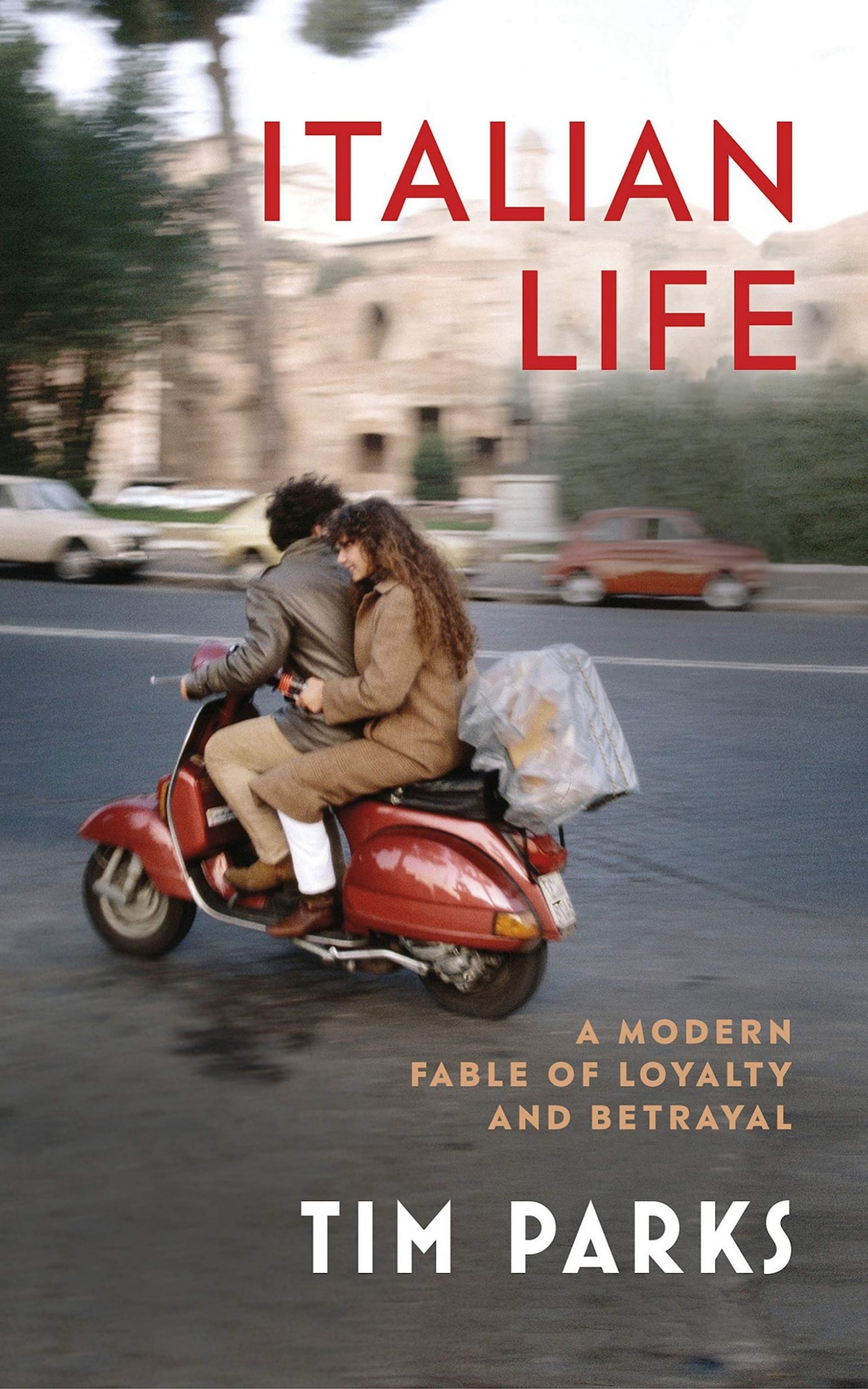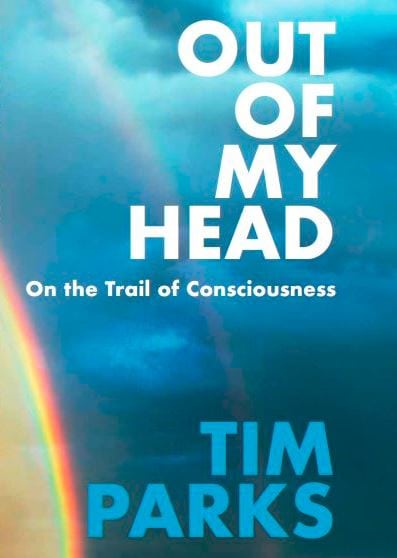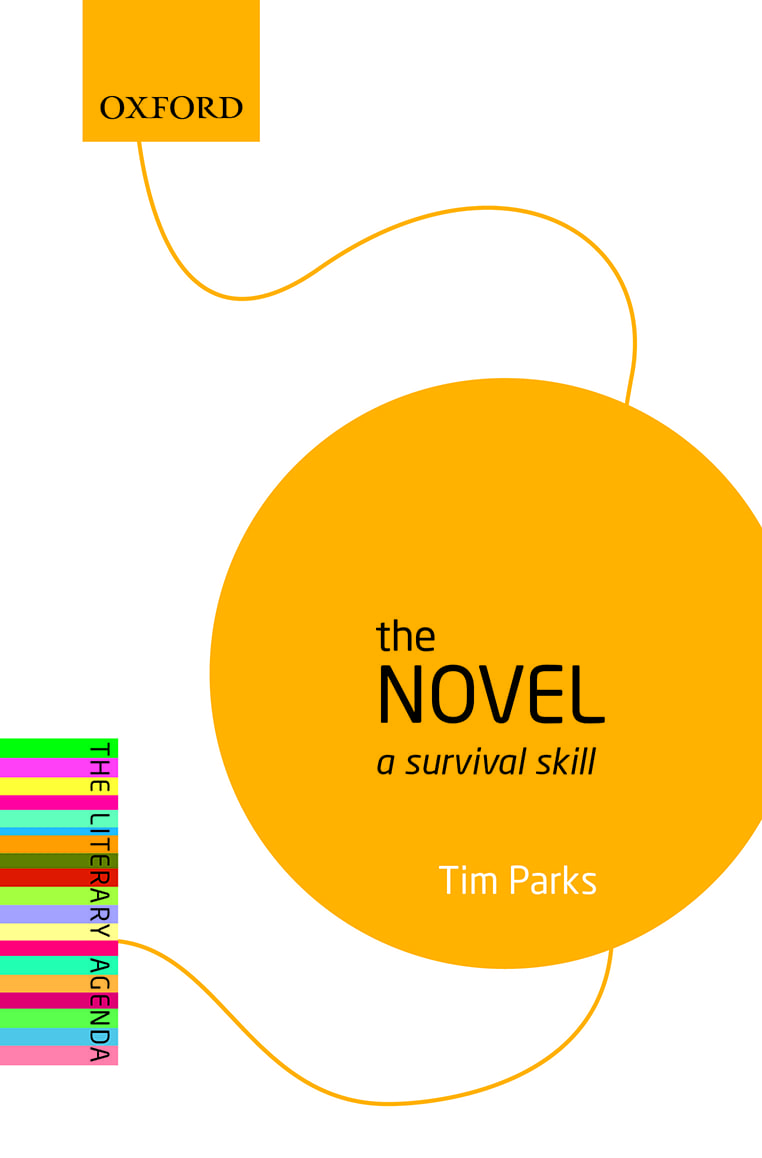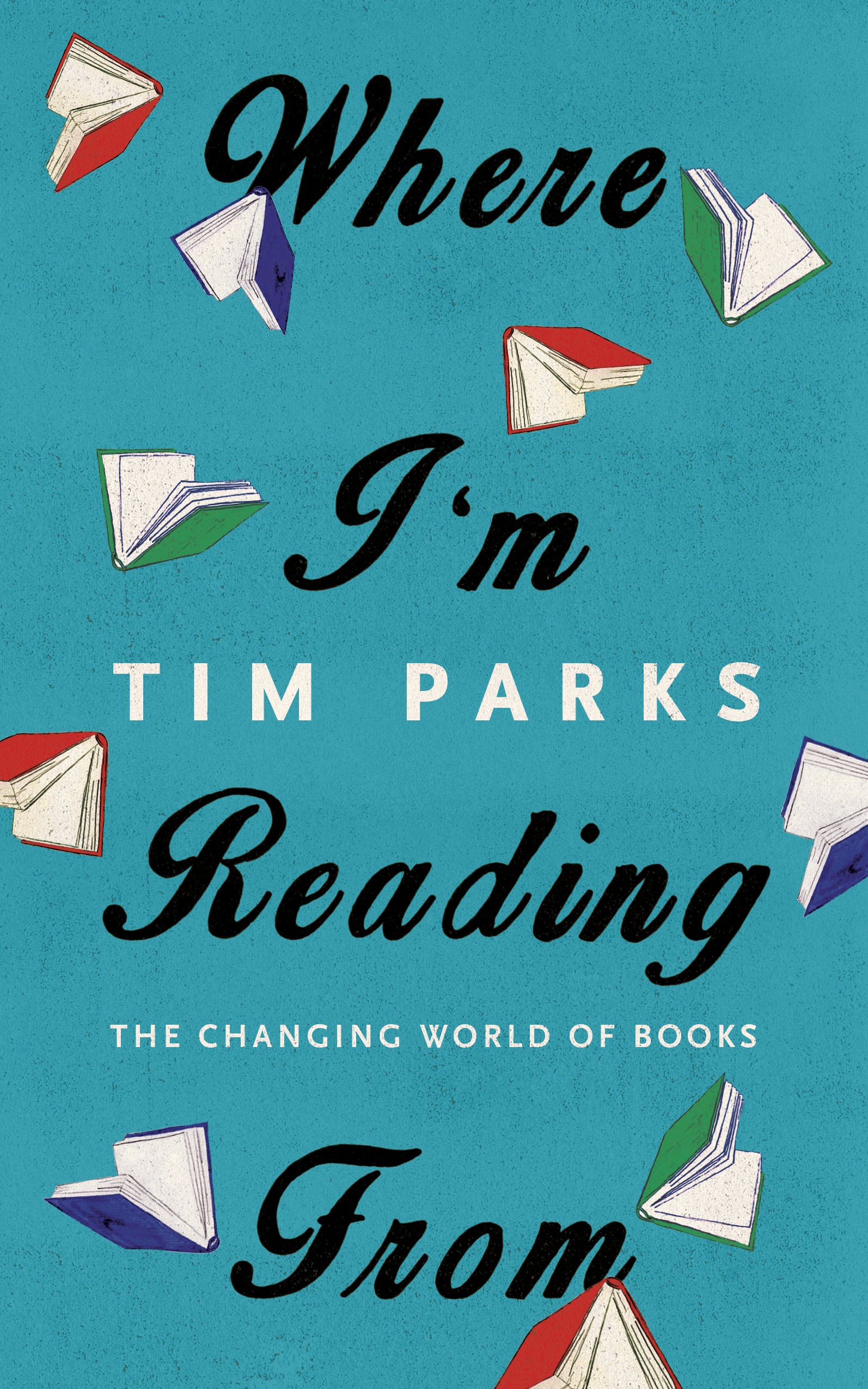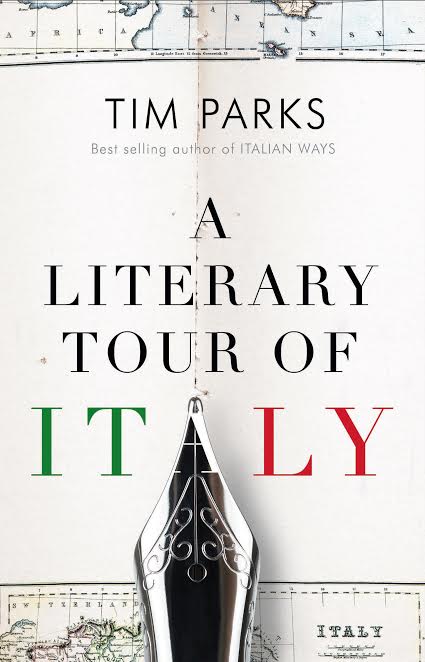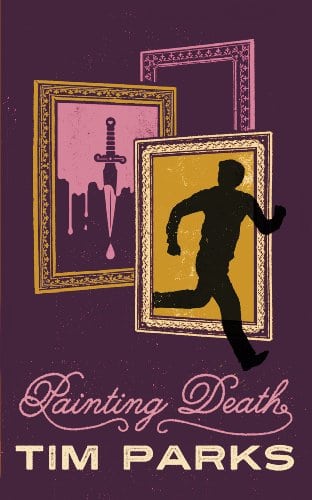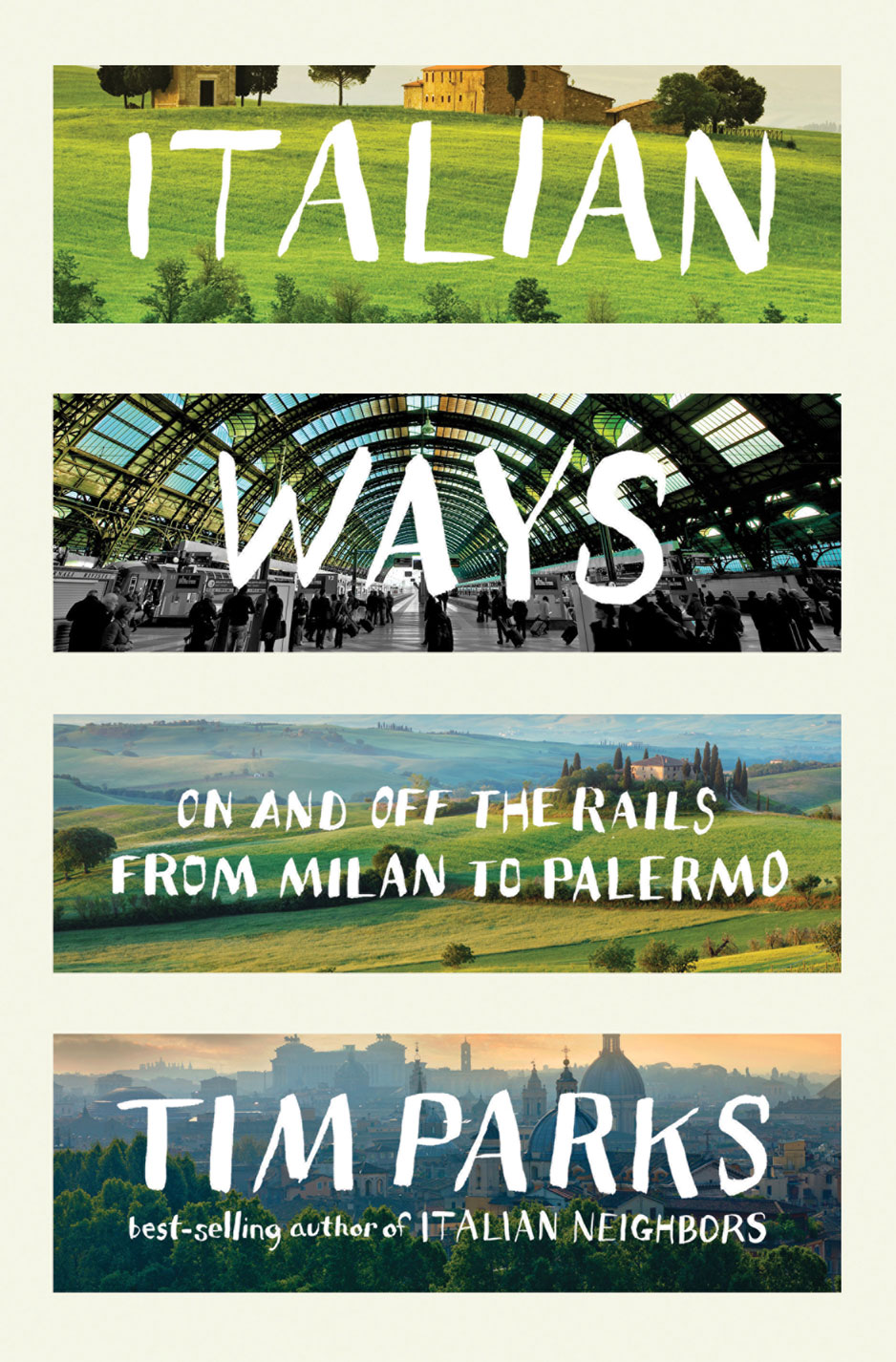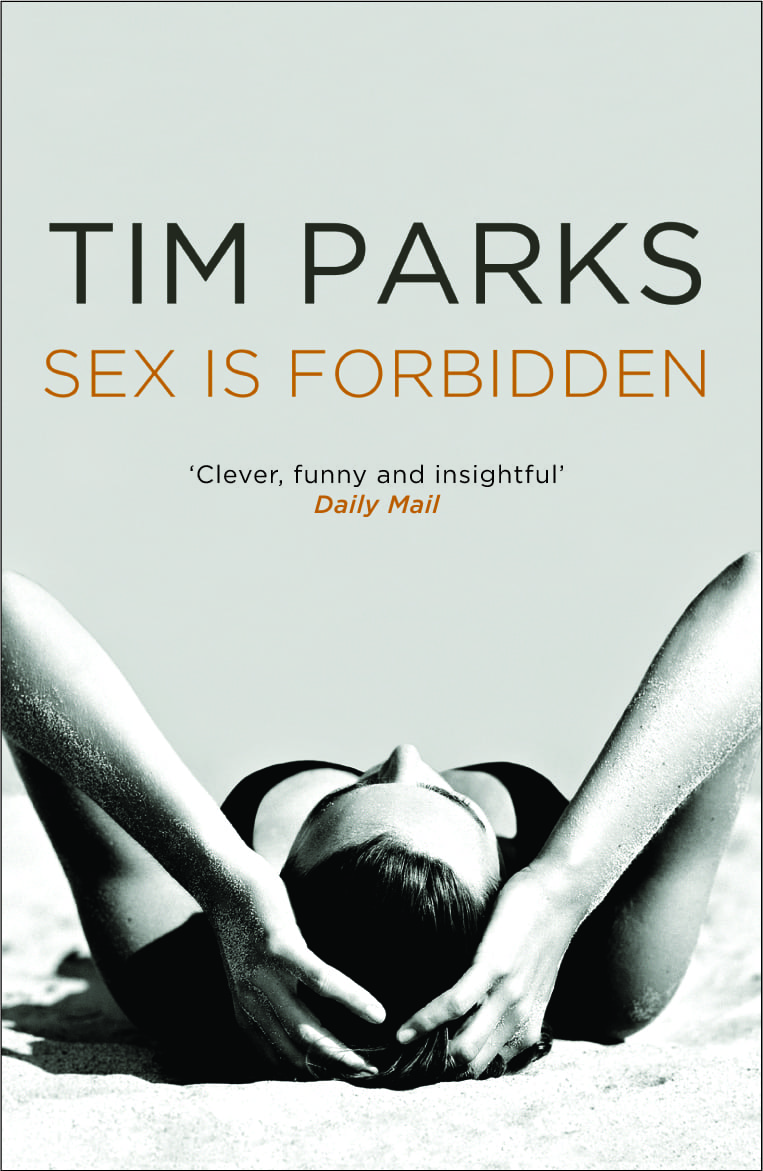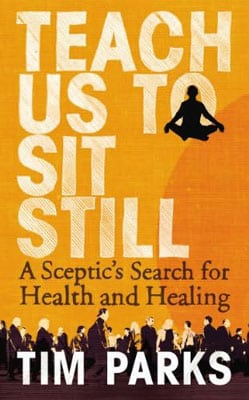Tales Out of Italy
Tim Parks’s meditative essays owe a lot to his life abroad.
New York Times Book Review, 2 May, 1999
By Robert Grudin
While many contemporary poems and stories seem to strain for novelty and sophistication, the essay is a short form that imposes no such ambitious requirements(don’t agree at all!). Readers of essays ask only for an interesting subject, approached in a manner that engages our attention – which may be why, paradoxically, the results can be so pleasing]y inventive and urbane.
Adultery and Other Diversions, Tim Parks’s outstanding new collection, is an elegant demonstration of the freedom and power of the essay form. In writing about this book, Parks has modestly renounced any claim to originality of ideas; instead, citing Schopenhauer, he has re- solved to investigate the connection between “ideas, which have been fixed by mere words, and the real knowledge we have acquired through perception.” Thus he sets out to examine the relationship between moral constructs and the actual experience of life.
In exploring the difference between what people think and what they do, people frequently slide into storytelling. And what could be more natural for this accomplished translator, memoirist and novelist, whose most recent work of fiction, “Europa,” was a finalist for the Booker Prize? Again and again in these 13 essays, a passage of storytelling provides an entry into a wide-ranging meditation on actions and ideas.
The title essay is a perfect example of this technique. Here Parks speaks to us as the confidant of Alistair, the central figure in the story that is about to unfold. Alistair, who teaches at an Italian university, is having an extramarital(don’t you love that word!) affair with Chiara, a 33-year-old Italian widow. Over beer after games of squash, he enthusiastically confides the graphic details of their relationship. (“No erotic stone was left unturned,” Parks reports. “I had to listen to it all.”)
These emotional outpourings, as well as Alistair’s anxious reports on the travails of his marriage, are the means by which Parks undertakes a careful analysis of the psychological dimensions of adultery. Alistair finds married life stale and unexciting. He meets Chiara at professional conferences all over Europe; their sex is cathartic and obsessive(quite a combination!). Alistair exults in his own mischief; he romanticizes Chiara as a soul mate and asks her to live with him. When she re- fuses and later reveals that she has been having affairs with other men, Alistair falls apart. The much-glorified adventure becomes a mess and then a trap.
What is illuminated here? Ac he charts the history of Alistair’s affair (and the corollary history of Alistair’s divorce), Parks uncovers a reality that subtly contradicts his own book title. For Alistair, adultery is not a “diversion” at all. Rather, it is a compulsive mission. an unconscious attempt to repeat the very cycle of events that created his marriage – and then made it fail. Though this insight into male eros is by no means original (as Parks admits), I’ve never seen it so tellingly expressed.
The other essays in this collection are less emotionally arresting than “Adultery” and more broadly allusive. Parks entitles each with a seemingly simple word (Fidelity, Glory, Maturity, Destiny‘ and so on), which he then subjects to a shifting array of perspectives. For example, Europe (which draws from the same material as his recent novel) opens as follows: “In the spring of 1993 I joined a coach trip from Verona to Strasbourg to present a petition to the European Parliament. My colleagues, fellow language teachers at the university, felt they were being discriminated against by the Italian authorities.”
A number of university students, mainly young Italian women, come along on the trip, partly to support their professors, partly to enjoy a cheap holiday – and partly in hopes of having a fling. By introducing this sexual element, Parks sets up an ironic paradox that will dominate the essay, evoking the idea of a unified European justice and juxtaposing against it the human factors – in this case sexual and illicit – that make social unity and justice so difficult to achieve.
Without disrupting his narration, Parks manages to enlarge on the unity-disunity issue by making references to modern cinema, Horace’s carpe diem, Plato’s myth of civic unity, European exchange rates, 18th-century French history, a female student who complains of not having achieved equilibrio interiore, even a popular song called “You’re a Myth for Me”. These and other adroitly deployed details add richness to a provocative meditation in which political unity and disunity cease to be verbal constructs and are fully realized as human phenomena.
Parks’s essays are almost all set in northern Italy, where he has lived and worked for some time. In this collection, as in “An Italian Educa- tion” and ltalian Neighbors, his books about settling down in an adopted country, the scenes from the society around him are amusingly drawn, as are the vignettes from his family life. But even more interesting is the way in which Parks presents himself as both narrator and supporting character. A passage here, a hint there, gradually build a picture of this man as son, father, husband, writer and teacher – as an individual who must, like the rest of us, navigate his way through a world of change, challenge and temptation. His extended self-portrait is decorous but honest. This word “honest” is no small tribute. Though it is so often said to be simple, honesty is a notoriously difficult quality for a writer to sustain. To write honestly is not to avoid showy language but rather to be always aware of language’s power to teach or to deceive.
“Rancour,” the penultimate essay, is a brilliant example of Parks’s acerbic self-knowledge. Here he not only admits but dramatizes his own professional bitterness, thrashing with a figurative walking stick (courtesy of Samuel Beckett) at writers he has idolized and envied. But in a characteristic flash of revelation, he goes on to show the essential importance of anger and jealousy in the creative process. Moving as usual from abstraction to experience, he locates the spark of creative activity in “the seductive, luminous, coercive, shadowy, genial and rancorous mind.”
Art, he argues, “rearranges our mental space, imposes a vision…. With the best art one suffers a sense of inevitability – which is exactly the experience of the seduced at the moment they succumb.” If that is the case, the “Adultery and Other Diversions” must rank among the most artful of seductions.






